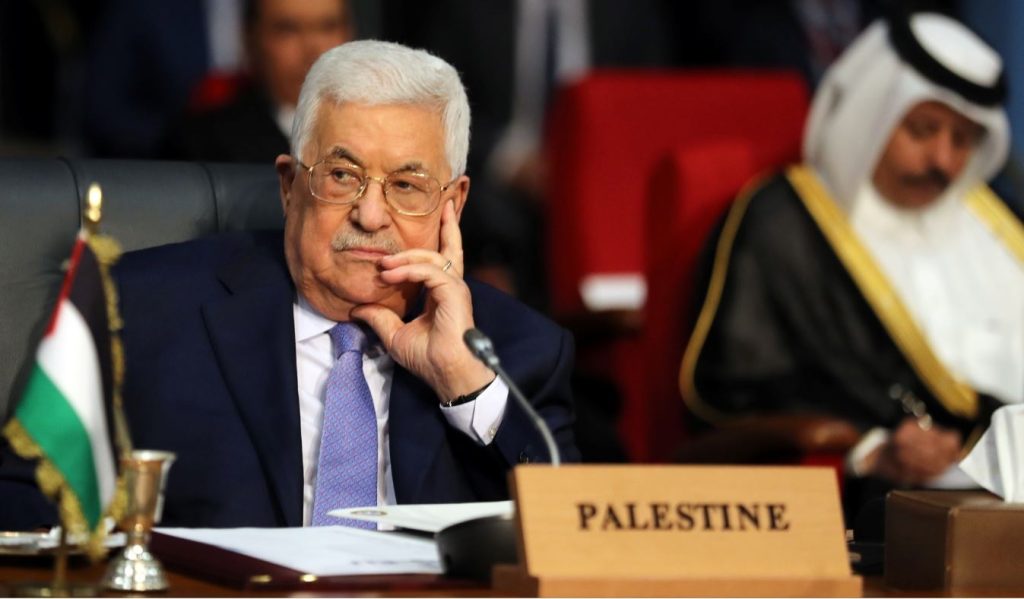UAE’s Gaza Governance Plan Post-War
A new transitional council and regional involvement aim to reshape Gaza’s future after Israeli withdrawal.
Watan–In a development revealing an increasing regional role for Abu Dhabi in reshaping the Palestinian landscape, a UAE plan to manage the Gaza Strip after the withdrawal of the Israeli occupation army has been revealed. These moves come after secret talks between the UAE, Israel, and the United States as part of post-war arrangements.
The plan involves the formation of a transitional council consisting of 20 members who will be appointed through a decree issued by the President of the Palestinian Authority. This council will be responsible for managing life in the Gaza Strip, including reconstruction and preparations for presidential and legislative elections, which are scheduled to take place within 24 to 36 months simultaneously in both Gaza and the West Bank.
According to Israeli reports, an Arab security force will be invited, in cooperation with neighboring countries and international partners, to ensure the stability of the situation in Gaza. The transitional council will also include representatives from the West Bank, as part of a new vision that includes a joint legislative and governance body between the Ramallah government and the new council.
The plan stipulates that the council will begin its work as soon as the Israeli occupation army withdraws from Gaza, with a donor conference being held to contribute to the reconstruction of the area. The free movement of goods and people in and out of Gaza will also be ensured, in an attempt to restore the economic life to normal.

The revelation of this plan follows reports of meetings between Israeli, American, and Emirati officials to discuss the next phase arrangements for Gaza. The main goal, according to observers, is to form a temporary government that will act as an alternative solution until the Palestinian Authority is able to assume full governance.
These moves raise questions about the future of Gaza, especially given the absence of Hamas’s role in the plan, which reflects the intention of some parties to impose a new reality on the region, away from the factions that have ruled it for decades. The most important question remains: Will the Palestinian forces accept this plan? And to what extent will the people of Gaza be willing to accept an administration supported regionally and internationally, but without real participation from the resistance factions?






